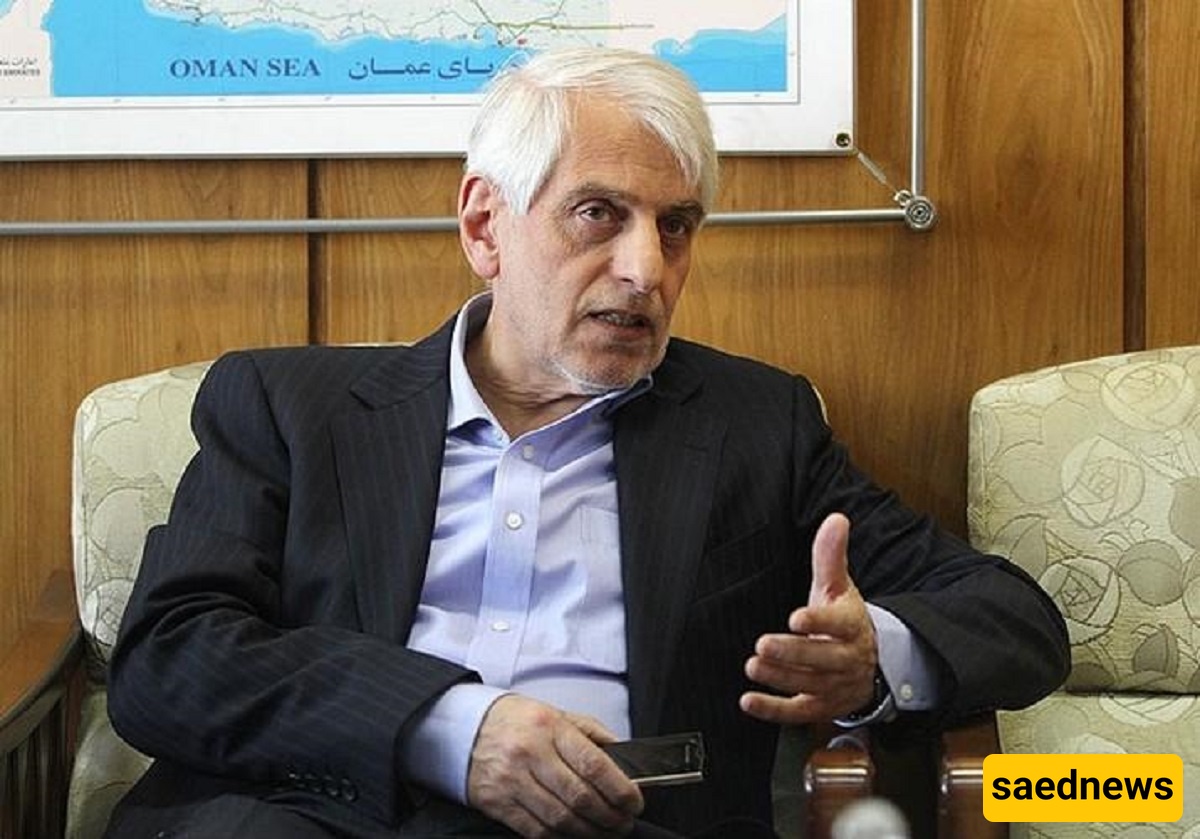SAEDNEWS: Ali Majedi, Iran’s former ambassador to Germany, stressed that cooperation with the IAEA is essential but must be managed cautiously, warning that conflicting positions between state institutions could weaken national decision-making.

According to Saed News, Ali Majedi, Iran’s former ambassador to Germany, in an interview with Etemad Online regarding the assessment of the return of the International Atomic Energy Agency (IAEA) inspectors to Iran and the approach of the Supreme National Security Council towards the type of cooperation with the safeguards body, stated:
“In this matter, the issue must be examined in a unified and integrated manner. If the responsibility lies with the Ministry of Foreign Affairs, it is essential that this ministry act in full coordination and consultation with the Supreme National Security Council. Because if the Council has one viewpoint and the Ministry of Foreign Affairs another, this divergence could create knots in the process of major national decision-making.”
He further explained:
“The officially announced stance, especially from the Minister of Foreign Affairs, represents the government’s position, and the words of the president and foreign minister in diplomatic matters are regarded as valid documentation. Therefore, if Mr. Araghchi says one thing and Mr. Larijani expresses a different opinion, it will create confusion and weaken decision-making cohesion.”
Majedi said:
“On issues such as the snapback mechanism and the manner of cooperation with the IAEA, we must declare our final position. The Parliament has passed a law which, although criticized, has nonetheless become law. Fortunately, we heard from Mr. Araghchi that, if necessary, cooperation with the IAEA will be conducted in the presence of national security experts. This law, on one hand, has provided a framework and guidance, but sometimes certain hasty reactions to events deserve reconsideration.”
Majedi also noted:
“From a political expert perspective, there are criticisms of the Parliament reacting to events without precise study and evaluation. If legislation is to be passed, it must come after careful examination and consultation with relevant institutions, including the Supreme National Security Council and the Ministry of Foreign Affairs. These issues are directly tied to foreign policy and national security, and their details are best assessed by the relevant bodies. Therefore, this duality of views among officials, though rarely heard, must be managed in such a way as to prevent confusion and weak decision-making. From an expert viewpoint, cooperation with the IAEA is absolutely necessary, but the manner of such cooperation must also be carefully defined, since challenges clearly remain.”
The former ambassador added:
“Although these international institutions are supposed to adopt neutral stances, the reality is that they are influenced by major powers, and this is undeniable. While these bodies cannot act in an extreme fashion, Iran should not give them pretexts to be exploited by powerful countries. The reality is that certain states, especially the United States and other permanent members of the UN Security Council, use these mechanisms more than others to advance their own agendas. In today’s world, Iran cannot expect to resist these powers solely with legitimacy and calls for justice; rather, it must strengthen its relations to reduce the risk of exploitation.”
In conclusion, he stated:
“The structure of the safeguards system is such that the influence of great powers is palpable, and sometimes decisions are affected by these powers. But the main solution is not to pressure this institution directly, rather to strengthen relations and interaction with powerful states in order to reduce this influence.”

